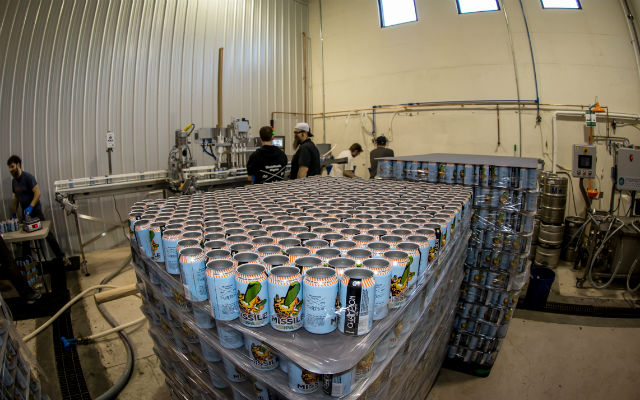
Being able to provide retailers, restaurants and bars with a high-quality product and also provide the best possible sales and draft line services, along with overall beer knowledge can help motivate smaller craft brewers that are just leaving the four walls of a their own taproom in self distribution can seem like a daunting task.
But it can be a wonderful learning experience as well and help that brewery grow and realize what the distribution side of beer is like, which can help down the road should a brewery decide to forgo its self distribution and work with a wholesale partner.
“I think it’s good for breweries to see what distribution is like,” said Fargo Brewing‘s Aaron Hill. “[It shows the] challenges of gaining tap lines, shelf placement, printing POS and hauling product all over and into accounts.
“If or when you sign with a distributor — you have much more respect for the work it takes to be a successful distributor — and the challenges.”
Banding together instead of working with a true middle tier is another possible outcome for entering distribution as well.
Karl Strauss recently announced that they are expanding on its on-premise self-distribution network that is has established since the 1990s in San Diego and Orange County to now include a select group of local, nano-sized, independent breweries,” said Karl Strauss’ VP of Marketing Mark Weslar. “Delivering our own beers on-premise has helped us develop an expertise selling to and servicing local bars and restaurants. We look forward to helping some brewery friends build their business.”
Black Plague and Benchmark Brewing are both California breweries under 1,000 barrels that will benefit from working with Karl Strauss’ network getting more exposure on bars and restaurant draft lines.
“We may bring on a select number of other local, independent, nano breweries should that make sense for both parties,” Weslar said.
Although Hunter Smith, the owner of Champion Brewing in Charlottesville, Virginia said his brewery doesn’t self distribute and he has his reasons.
“As hard as it has been to run a brewery, the last thing we want to do is get into the distribution business, too,” Smith said. “I don’t begrudge the three-tier system at all. It helps us stay focused on brewing, not distributing.
“I decided from the beginning to begin as and stay a brewery. It’s important to us to have good partners and this system lets everybody do the job they do best.”


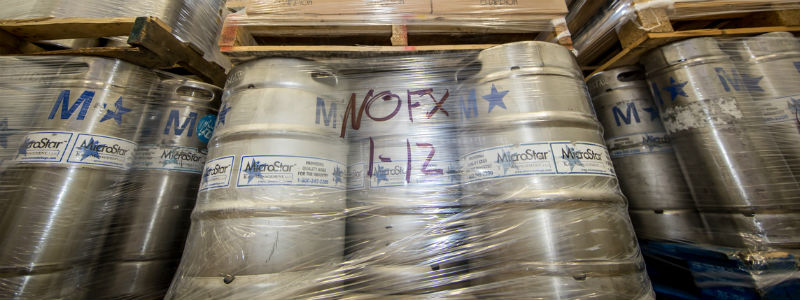

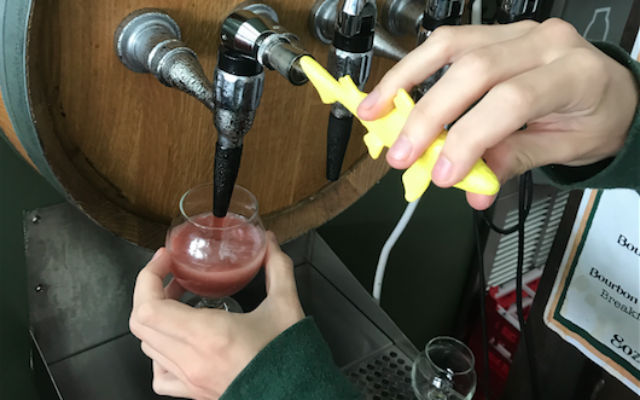
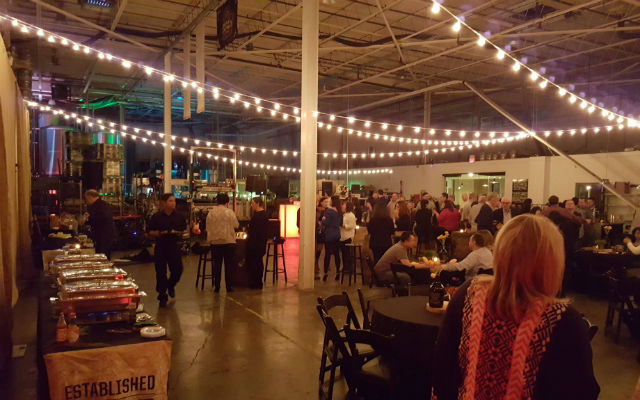
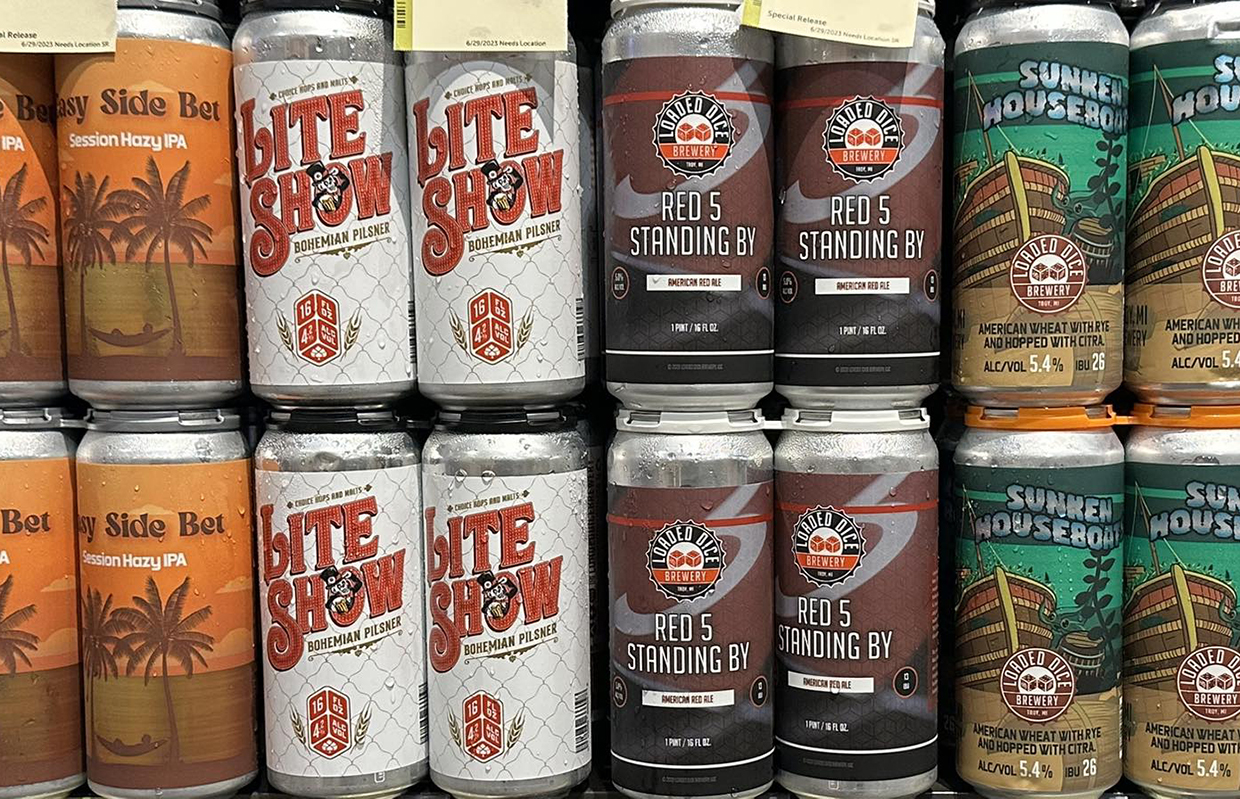
1 Trackback / Pingback